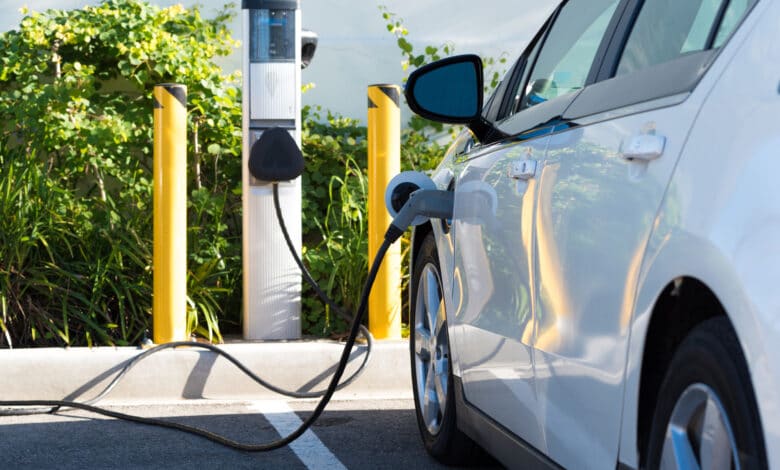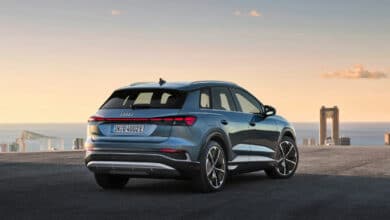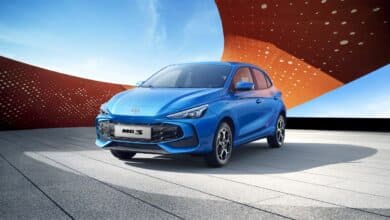
The triumphant march of electric mobility has picked up speed and is accelerating. In the last four days alone, the Hyundai IONIQ 6, VW ID. Aero, DS7 and MG4, four upcoming electric cars announced or presented in more detail. The prediction of future road traffic in Germany also sounds correspondingly astonishing. For example, around 15 million electric cars are expected to be on German roads in 2030. But as the mass of new electric cars grows, so of course does the demand for charging columns.
Charging stations are becoming increasingly sought-after
Because electric car registration numbers are skyrocketing, charging stations are becoming more and more competitive. After all, municipalities are simply not keeping up when it comes to expanding new charging options. Volker Wissing, Federal Minister of Transport, has now publicly pointed out the shortcomings. For example, more than half of all municipalities in Germany are said not to be able to offer charging options yet. If the number of registered electric cars continues to rise, this should not remain so. Now, the traffic light coalition wants to tackle this problem and has accordingly launched the Charging Infrastructure Master Plan. The centerpiece of the plan is, appropriately enough, the expansion of the charging infrastructure in the municipalities.
Missing charging stations are a deterrent
The master plan is not only intended to provide better financial support for municipalities. On top of that, the aim is to familiarize the locally responsible politicians and offices with the topic by means of information campaigns. And this is definitely necessary. After all, the poorly developed infrastructure is seen as a decisive reason why many car buyers decide against an electric car. Currently, an e-car is still often considered a lucrative purchase for homeowners. After all, with a wallbox, you can set up your very own charging station on your own property. However, this cannot be allowed to continue if one wants to achieve that the broad masses rely on electromobility.
My goal is that no one in Germany decides against buying an electric vehicle anymore because he or she cannot trust that there are enough reliable and convenient charging optionsVolker Wissing, Federal Minister of Transport
Create incentives for charging stations
To be able to eradicate the problem of poor infrastructure, he said, you have to tackle it at the root. And this consists of creating incentives for companies to set up charging stations. According to the business consulting firm PwC, this would first require a comprehensive reduction in bureaucracy. Furthermore, the responsible authorities would have to release more space for the construction of charging stations. Last but not least, public authorities would have to provide greater support for the construction and maintenance of charging stations.



